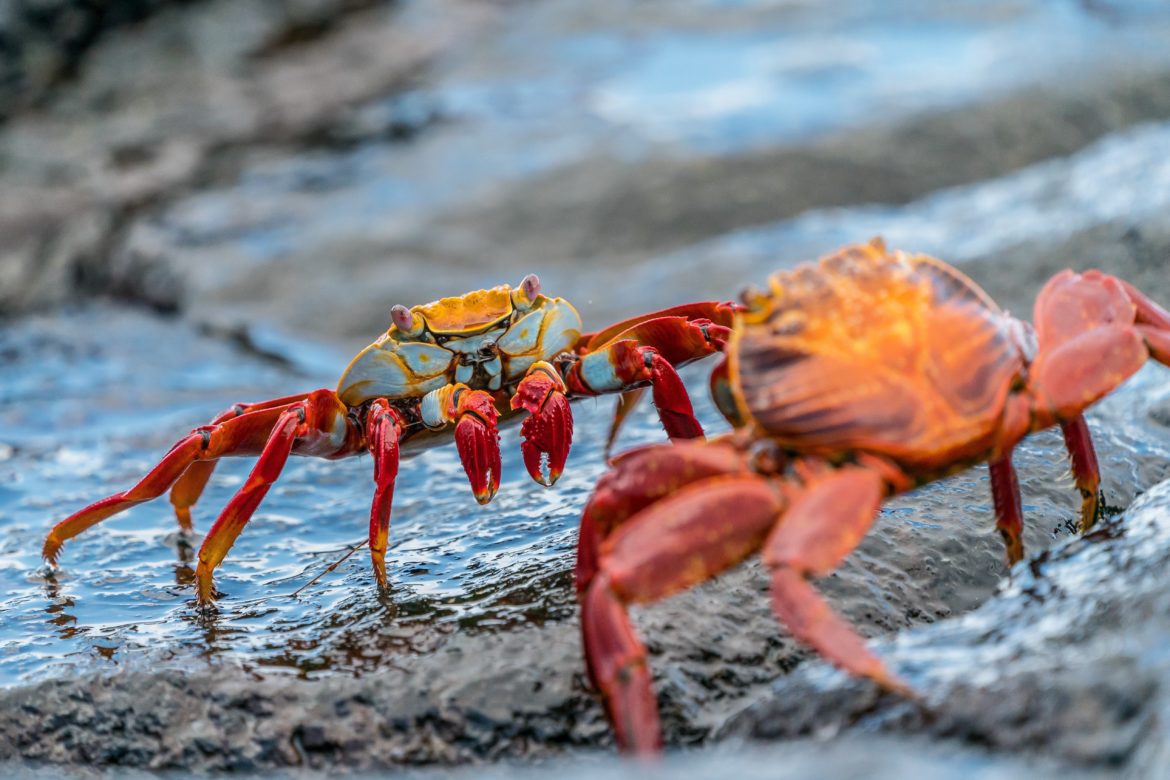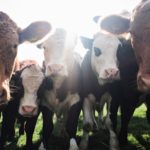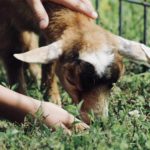Tell us about your new book God Unbound.
It’s one part travel memoir, one part theological reflection, and one part love story, in the sense that it allowed me to write about my lifelong love for nature in the amazing ecosystem of the Galapagos Islands.
How did it feel to walk in the footsteps of Charles Darwin?
How might you agree and disagree with Darwin’s conclusions?
Really, the main critiques of Darwin have to do with the fact that he was a pioneer and was working with the data he could see, without access to data that has been uncovered since. Advances in genetics, geology, and biology have only served to underline his brilliance. As part of my writing process, I finally read The Origin of the Species, and I found it clear and diligent. It shows Darwin as a man who is determined to take seriously every argument against his theory, and to continually go back to consult the data, without doctoring it.
Did you have any especially memorable encounters with animals during your travels?
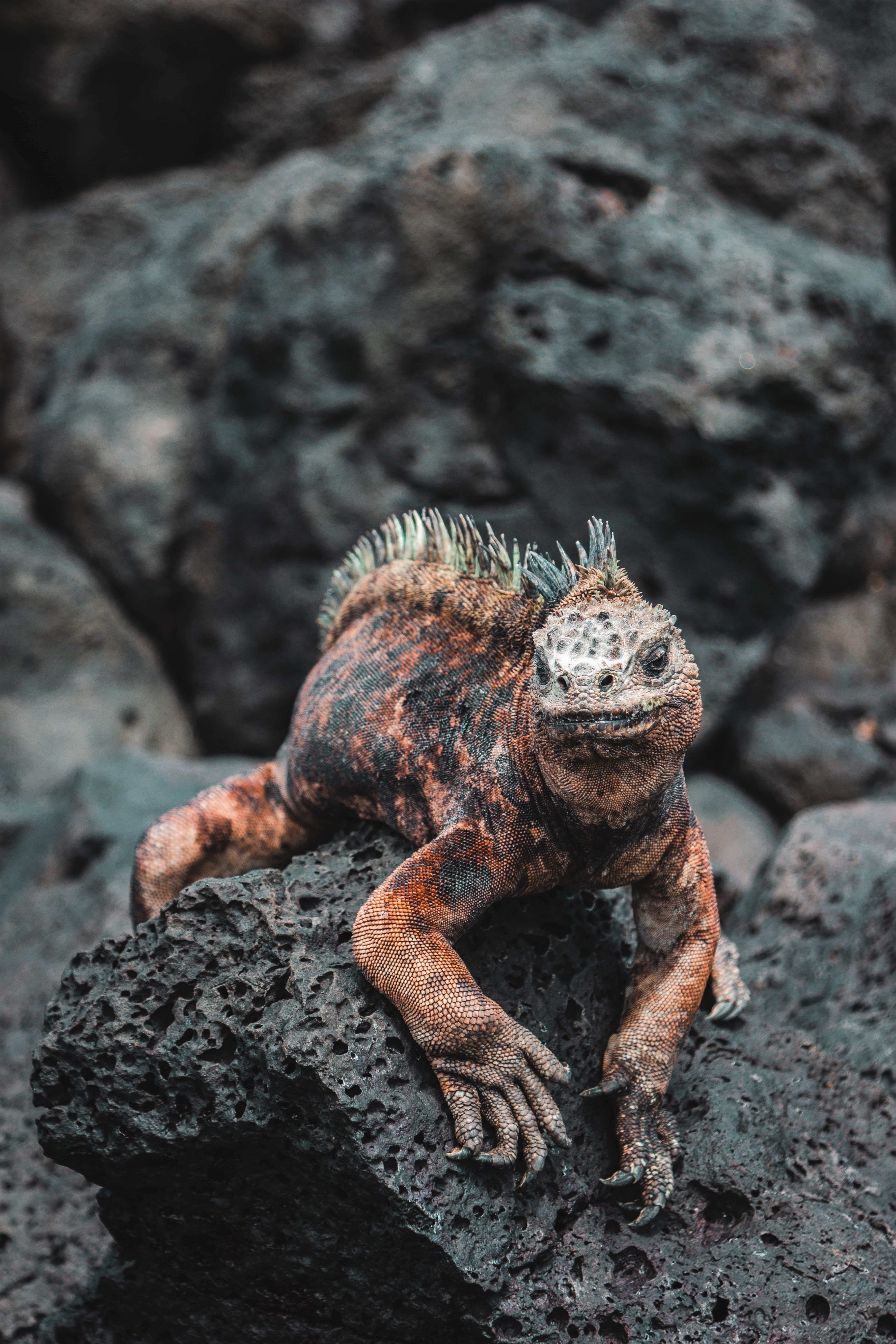 So many! One of the highlights for me was snorkeling in a bay on Fernandina Island and encountering first one, then two, then many marine iguanas grazing on algae two to four meters under the surface. The sight of these amazing creatures, the only lizard in the world known to graze underwater, much less in salt water, was amazing enough, but then to have them rise to catch a breath just a few inches from my face … it was a rare and delightful experience.
So many! One of the highlights for me was snorkeling in a bay on Fernandina Island and encountering first one, then two, then many marine iguanas grazing on algae two to four meters under the surface. The sight of these amazing creatures, the only lizard in the world known to graze underwater, much less in salt water, was amazing enough, but then to have them rise to catch a breath just a few inches from my face … it was a rare and delightful experience.
Most creatures in the Galapagos Islands have not evolved a fear of humans, so even more common animals like yellow warblers show a kind of comfort around people that allows closer observation than I’ve experienced anywhere else. And of course, every encounter with tortoises, whether in the wild or in breeding facilities, was fascinating.
How have other creatures influenced your perception of faith?
I’ve often thought about how we study the Psalms, or Genesis, or Romans, or Matthew, in great detail, seeking to understand what God might have to say to us through them. Yet we tend to ignore what God is telling us through a magpie or salmon or tortoise or a whole ecosystem. Believing that the Creator is revealed through the creation, I look at every living thing, and every relationship between living things, and every ecosystem that links living things with their nonliving environments, as profoundly revelatory of the Artist whose creative Spirit lies behind them. For that reason, nearly every day of my life has involved gazing at my fellow creatures as windows into the mind and heart of the Creator.
How should Christians respond to the ecological challenges we face today?
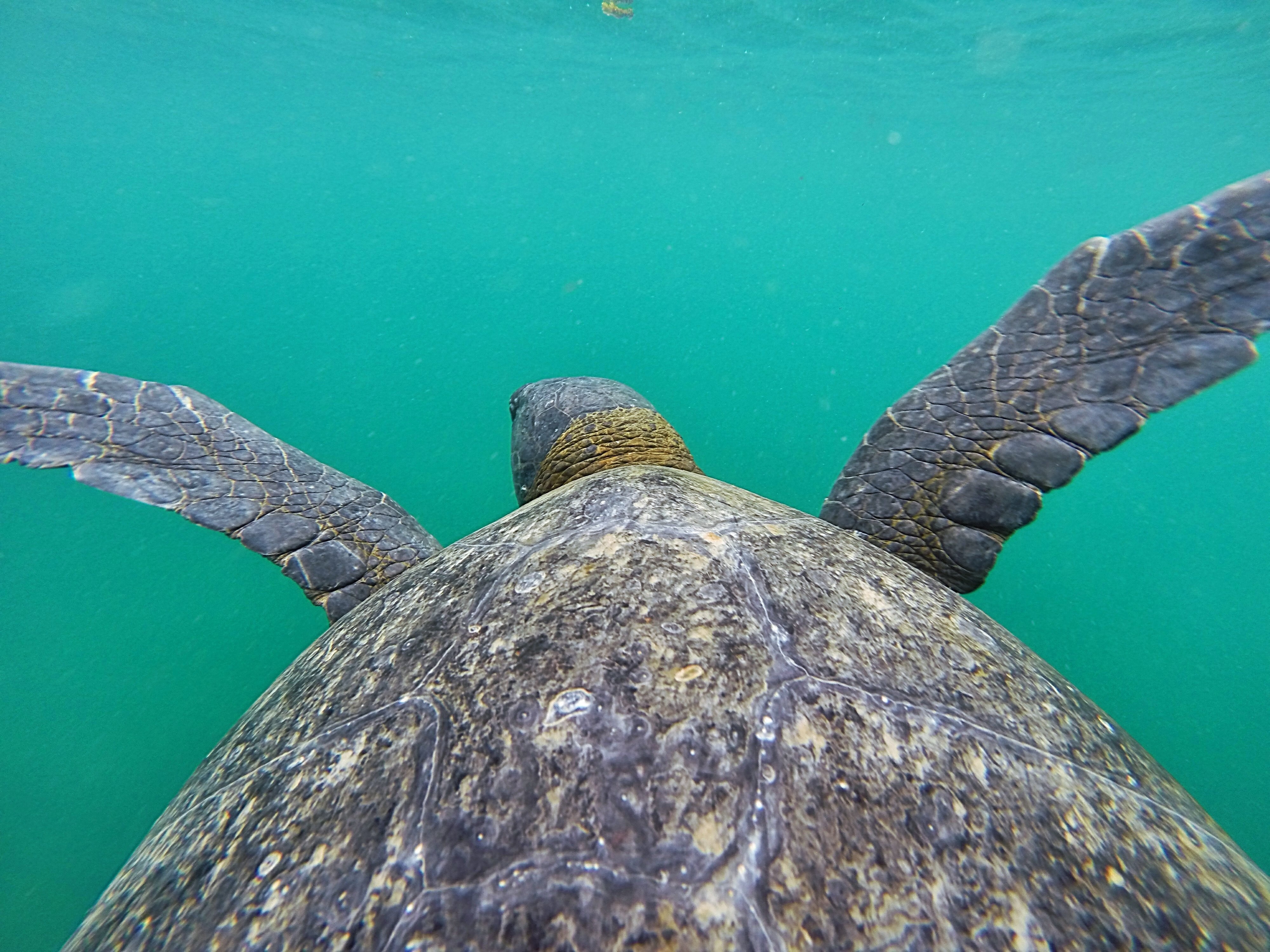 There are so many dimensions to the problem that each of us can find meaningful ways to join in the solution. But the deepest dimension to the problem, I believe, is spiritual. Simply put, human economies put the love of money over the love of nearly everything. People like us, who believe that all creations have intrinsic value because they are known and loved by their creator, have to become embodiments of a spiritual transformation that places the love of God, self, neighbor, and the earth above the love of money. Perhaps we will then be able to understand and say “amen” to the radical but increasingly obvious truth Jesus told: that if you love money, you’ll hate God, because you’ll be willing to sacrifice what God loves on the altar of profit.
There are so many dimensions to the problem that each of us can find meaningful ways to join in the solution. But the deepest dimension to the problem, I believe, is spiritual. Simply put, human economies put the love of money over the love of nearly everything. People like us, who believe that all creations have intrinsic value because they are known and loved by their creator, have to become embodiments of a spiritual transformation that places the love of God, self, neighbor, and the earth above the love of money. Perhaps we will then be able to understand and say “amen” to the radical but increasingly obvious truth Jesus told: that if you love money, you’ll hate God, because you’ll be willing to sacrifice what God loves on the altar of profit.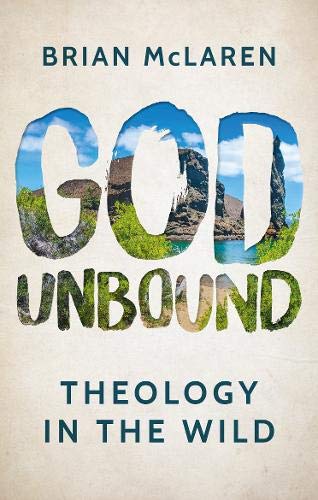 God Unbound: Theology in the Wild
God Unbound: Theology in the Wild
For more information on the work of Brian McLaren, including latest his books, events and blog, see www.brianmclaren.net


